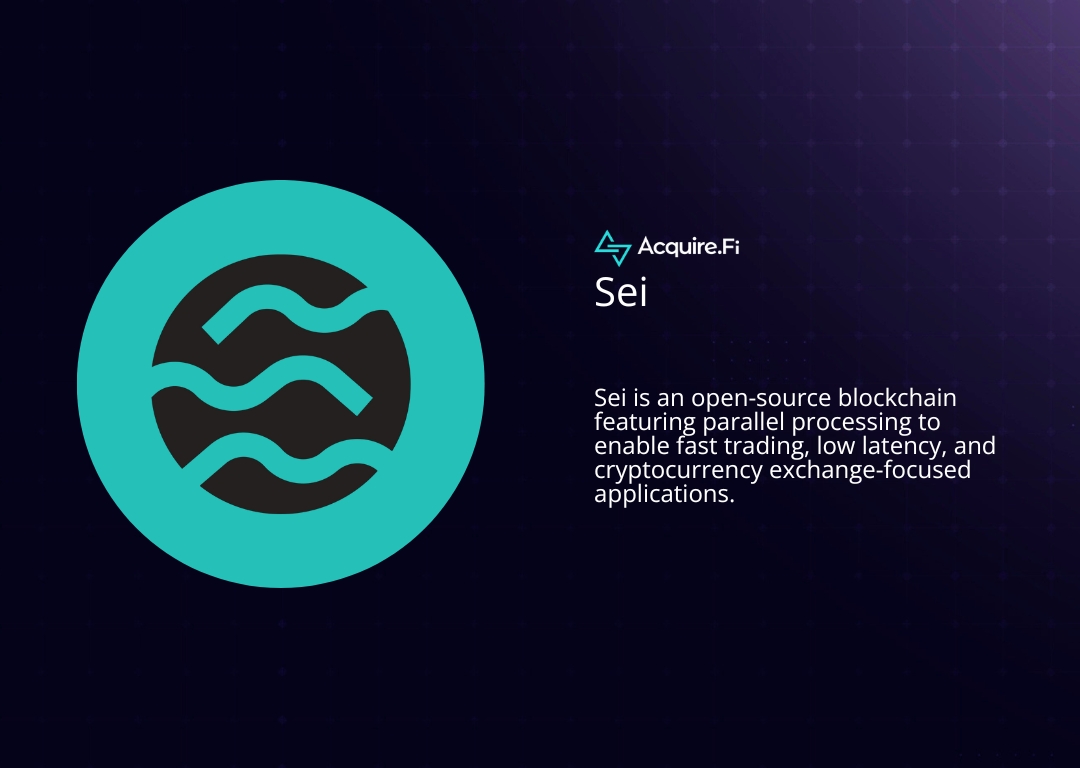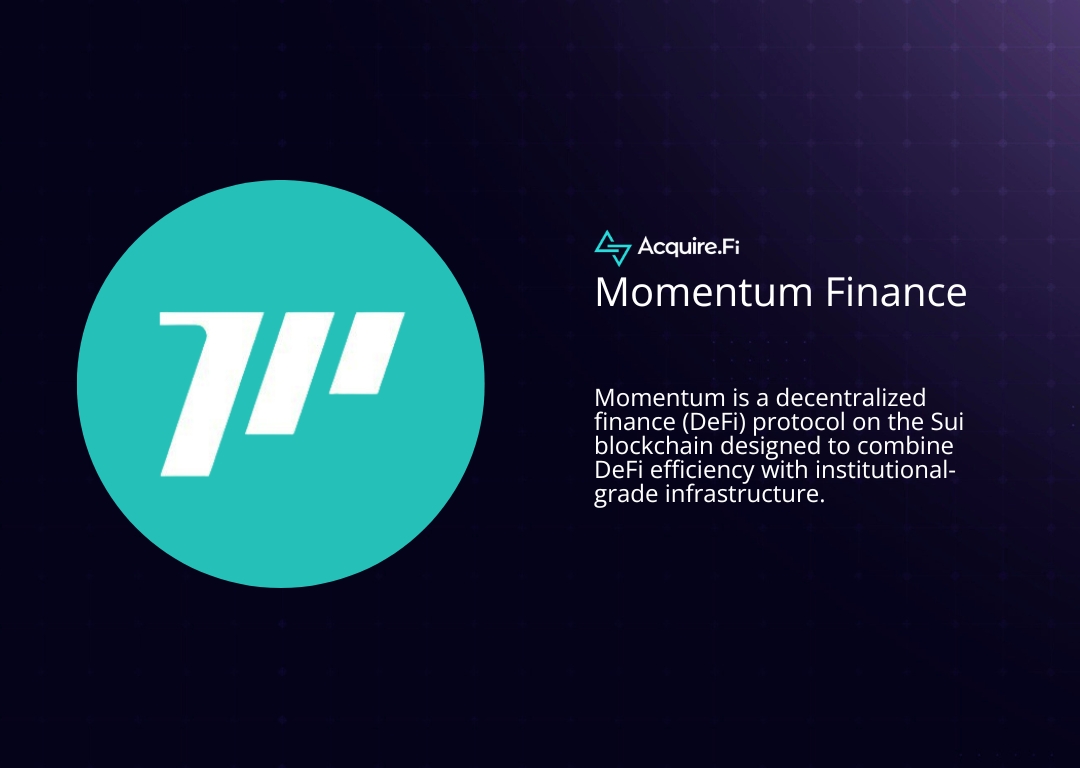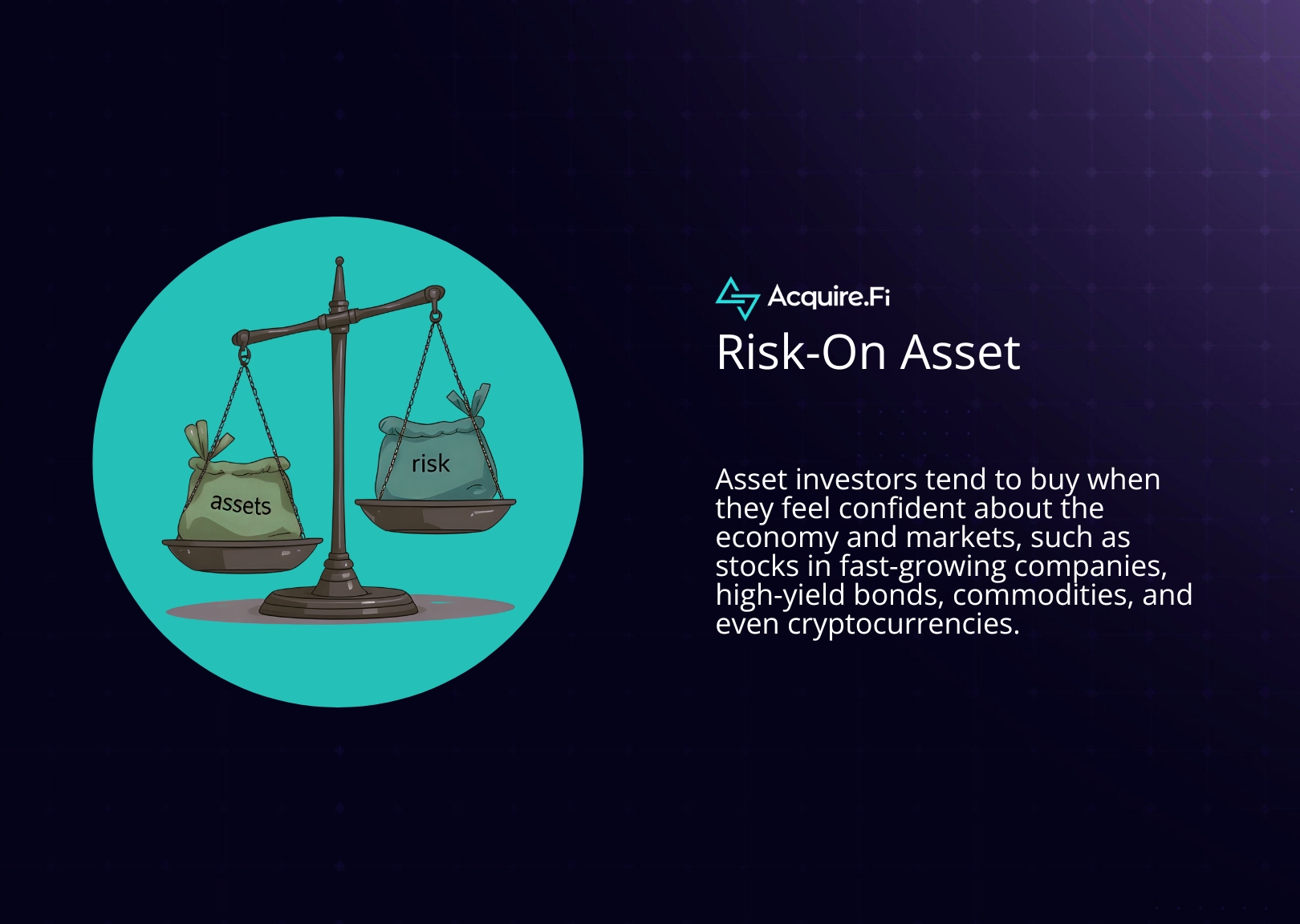The Future of Investment: Exploring Virtual Assets and How to Profit from Them
The emergence of virtual assets, also known as digital assets, has changed our perspective on investing and value. Virtual assets, ranging from cryptocurrencies to NFTs and tokenized real estate, present fascinating prospects for producers and investors. Making wise financial decisions requires knowing their value. In this article, I will discuss how to assess their worth and share some strategies for making money from them.
How Do You Value a Virtual Asset?
Since virtual assets are intangible and often volatile, knowing their value can be complicated. Here are some key principles that you can apply to help you determine their worth:
Market Capitalization
A popular metric for evaluating the worth of cryptocurrencies is market capitalization, which is determined by dividing the price by the supply. For example, Bitcoin's market capitalization reached over $2 trillion in December 2024, demonstrating its authority in the cryptocurrency market. Known for its smart contract capability, Ethereum, on the other hand, had a market cap of more than $400 billion. When evaluating an asset's size and market presence, investors frequently look to its market capitalization, as these are more stable than smaller altcoins.
Utility and Adoption
An asset's value is primarily affected by its demand and functionality. Cryptocurrencies such as Ethereum, for example, have a huge demand for those that manage decentralized apps (dApps) and DeFi platforms. The Binance exchange, on the other hand, attracts traders by using Binance Coin (BNB) to lower transaction fees. As shown in these examples, an asset's potential value increases with its wider use and usefulness.
Scarcity and Rarity
The value of a virtual asset may be affected by limited supply. One-of-a-kind NFTs and Bitcoin's 21 million coin cap are two instances wherein scarcity is important. A good example of how rarity can increase value is non-fungible tokens such as CryptoPunks, which are considered unique digital collectibles—and some were even sold for over $23.7 million. Another instance of how scarcity and exclusivity add to an asset's value is the entry of luxury brands like Gucci into the crypto world. They have launched a website where their followers can explore NFTs and other Web3 projects.
Historical and Market Trends
A digital asset's stability and probable future performance can be determined by examining its price history and trading volume. Bitcoin's volatility and long-term development potential can be seen in its previous price movements, which include notable highs and lows. Similar to this, there have been spikes in the NFT market through the years due to factors like widespread use and technical developments. Before investing in any asset, make sure to check its historical performance and market sentiments.
Technology and Security
Innovative and dependable technology raises the appeal and legitimacy of an asset. In general, assets linked to reliable blockchains or reputable platforms are often worth more. Investors or developers are more likely to trust assets based on stable and secure blockchains such as Ethereum and Solana. On the other hand, security lapses can have a big effect on an asset's value. An example of this is the downfall of the Tokyo-based company Mt. Gox, which left its investors uneasy after alleged hackers stole more than $460 million from them. That is why preserving and increasing the market value of a virtual asset requires an excellent technological foundation and security measures.
Revenue Generation
Some virtual assets, such as intellectual property or tokenized real estate, generate money through sales, royalties, or rentals. Their value can be greatly increased by these steady sources of income. For instance, investors can get rental revenue for their ownership through tokenized real estate. Some musicians, on the other hand, make money off of their work just like Snoop Dogg did when he got into NFTs when he released his album "Metaverse: The NFT Drop, Vol. 2" in 2022. These are just some of the sources of income that draw in investors who are looking for steady returns.
Legal and Regulatory Compliance
Investors find assets that adhere to legal and regulatory requirements more appealing since they are frequently regarded as safer and more reliable. Platforms like Coinbase follow regulations such as Anti-Money Laundering (AML) and Know Your Customer (KYC) to ensure secure and lawful transactions. Users are more likely to invest in assets that are listed on regulated platforms since they are seen as safer and more trustworthy. It is best to avoid investing in digital assets found on platforms with no regulatory monitoring since these may be illegal. If you need professional help in verifying assets, you can seek our services.
How Can You Make Money from Virtual Assets?
There are many ways to make money in the digital asset market, including buying assets or producing and selling your assets. Here are a few of the most widely used strategies:
Investing in Cryptocurrencies and NFTs
Some of the easiest virtual assets for regular investors to obtain are cryptocurrencies and NFTs. It is standard practice to purchase and retain these assets in the hope that their value will increase. For example, early investors in Bitcoin and Ethereum have seen massive returns, with Bitcoin surging from a few dollars to tens of thousands in just over a decade. Likewise, NFTs have sold for millions of dollars, such as those from the Bored Ape Yacht Club collection. Although cryptocurrencies can be traded on sites like Coinbase or Binance, NFTs can be purchased and sold on sites like OpenSea. If you prefer investing in Web3 companies that make NFTs, you can check out Acquire.Fi’s crypto M&A marketplace. Given how unpredictable the market is, beginners could start with extensive research and refrain from making larger investments than they can afford to lose.
Participating in Tokenized Real Estate
Tokenized real estate allows investors to purchase fractional shares of valuable assets. With the use of digital tokens, you may now own a portion of valuable properties like upscale residences or business spaces. You can use platforms such as Lofty and RealT since these link investors with carefully chosen real estate possibilities. These tokens might eventually make money through property appreciation or rental income. For instance, a fractional token on Lofty may provide a rental income of 7% annually. If you would like to participate in tokenized real estate without the hassle of full ownership, this approach provides an easy way to get started.
Monetizing Digital Content
Digital products, including software, music, e-books, and courses, may bring in a sizable sum of money. Reaching a global audience has been made simple for creators by platforms such as Amazon Kindle Direct Publishing, Etsy, and Udemy. Musicians and artists also profit by selling their work on platforms like Bandcamp, or BeatStars. According to Statista, the global e-learning market is projected to grow to $375 billion by 2026, highlighting significant opportunities in this space. Aside from sharing your works on online platforms, it is also important to promote them either through social media or your own network to retain and gain new followers.
Buying and Scaling Digital Businesses
Purchasing online companies, including subscription-based platforms or e-commerce sites, is another good opportunity to earn money. Websites like Flippa and Empire Flippers specialize in listing profitable digital businesses for sale. A small e-commerce site with a $1,000 monthly profit, for instance, might sell for $30,000, depending on its growth potential and niche. Buyers can scale these businesses by improving marketing strategies, expanding product offerings, or optimizing operations. If you are a beginner, it is best to focus on businesses in industries you’re familiar with, as this will make scaling and decision-making much easier. You may also check out this buyer's guide to help you in exploring and purchasing digital enterprises that are suited to your interests.
Staking and Yield Farming
Many cryptocurrency owners can make passive money by staking or yield farming. If you are new to these terms, staking is the process of locking up tokens such as Ethereum or Cardano in order to help validate blockchain transactions. In exchange, investors receive benefits that can vary from 5% to 20% each year depending on the staking platform. Yield farming, on the other hand, is lending cryptocurrency to liquidity pools on platforms for decentralized finance (DeFi), such as Chainlink or Uniswap. Although these strategies have the potential to be lucrative, there are also dangers associated with them, such as the possibility of token value fluctuations or smart contract weaknesses. A useful tip is to start with well-established platforms and diversify across multiple pools to minimize risks.
Flipping Domains and Handles
Many people make a good living by purchasing and reselling social media usernames or domain names. A popular handle or domain name can command a higher price, particularly if influencers or corporations find it appealing. For example, domains like “Voice.com” have sold for millions, demonstrating the high value of a catchy, in-demand name. Finding cheap domains is now easier through marketplaces such as GoDaddy Auctions and Sedo. Just like flipping domains, obtaining unique social media handles and reselling them to brands or influencers can be quite profitable. Success in this field requires a clear awareness of trends and the ability to forecast future demand. If you are new to this money-making strategy, you can start by purchasing a few inexpensive domains in emerging industries and holding onto them until demand rises.
Licensing Digital Intellectual Property
Owners of digital intellectual property can make money by granting licenses to other organizations. For instance, a copyright holder can receive royalties from each sale or usage of their digital artwork by licensing it for commercial use. Popular sites such as Shutterstock and Getty Images enable contributors to share and license their work to a global audience. If you want to optimize the revenue of your digital works, it is best to concentrate on producing excellent and adaptable content, then tag it with relevant keywords to increase visibility.
Conclusion
Virtual assets are changing the way we think about value, ownership, and revenue production. They provide a wide range of options for both investors and creators, from cryptocurrencies and non-fungible tokens to real estate and digital enterprises.
In this rapidly changing field, knowing how to evaluate and optimize the potential of digital assets is crucial. That is why it is important to investigate what virtual assets are ideal for you, regardless of whether you're just starting or want to grow your portfolio. In the digital economy, you may gain significant benefits with the correct information and approach.












.webp)